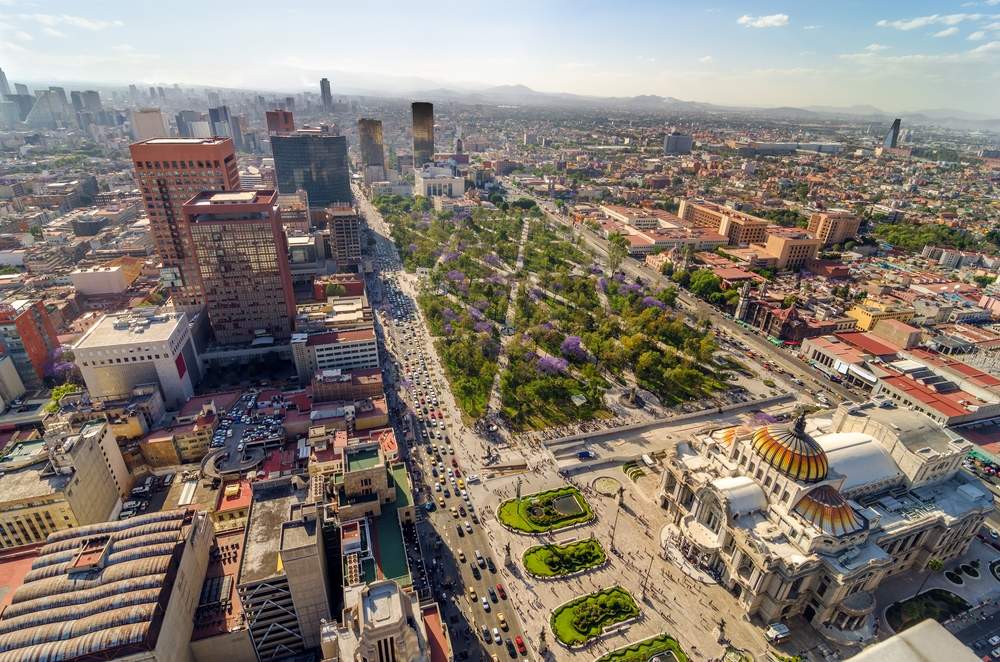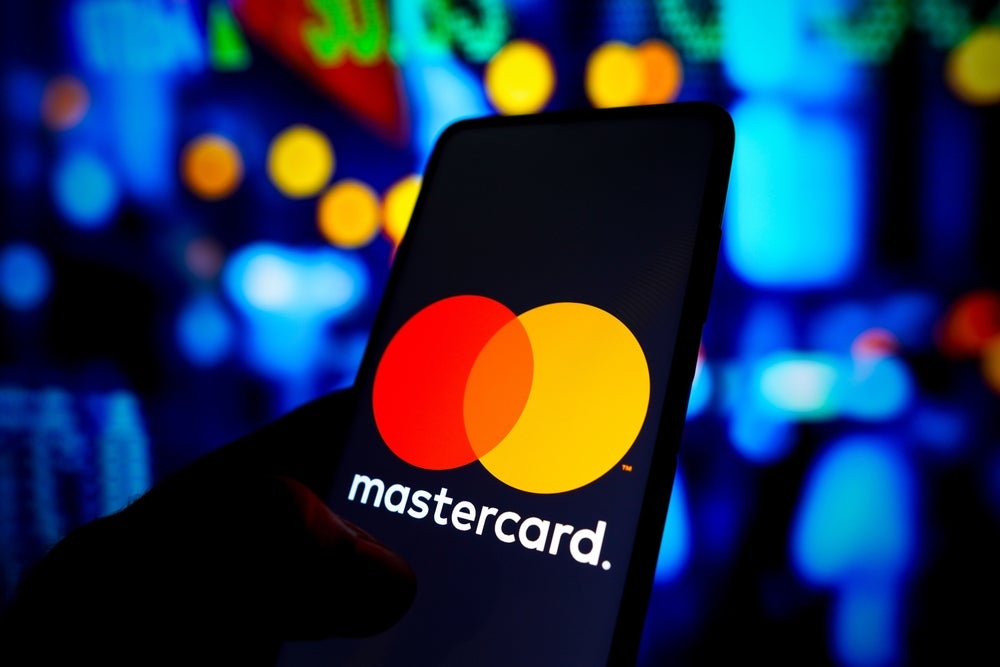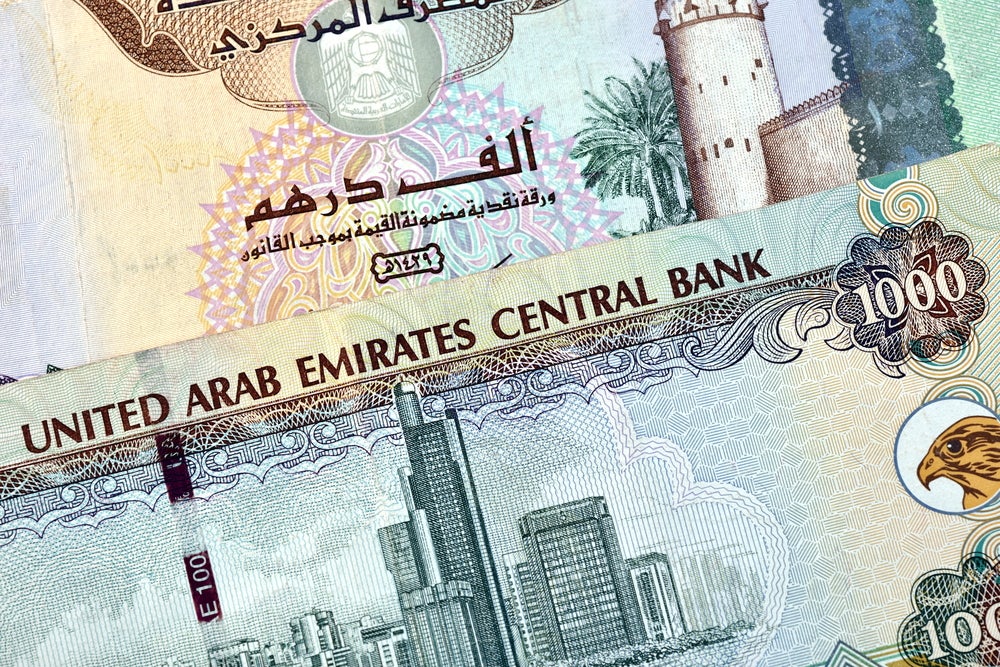
Mexico’s credit card sector could grow as much as 10 percent in 2013 amid rising usage rates in Latin America’s second-largest economy and co-branding alliances, according to industry observers, writes Ivan Castano.
"Transaction volumes in all types of cards are rising strongly due to a sharp increase in the number of people that use them all over the country," says Salvador Hernandez, a senior consultant at Deloitte in Mexico City. "I would not be surprised if we saw 10 percent growth in transaction volumes this year."
According to Mexican stock market watchdog CNBV, the country’s main issuers had $242bn pesos ($19bn) in credit card balances as of February, 2013.
Mauricio Deutsch, payment systems director at PWC in Mexico City, agrees growth will be buoyant – and not just in the next 12 months. "Mexico’s banking penetration rates are at 25 percent of the population so many people still don’t use credit cards," Deutsch notes.
"In general, card usage is becoming more pronounced and there many new businesses installing payment systems," he says.
Meanwhile , the number of Mexicans using a credit card has risen to around 200 per 1,0000 compared to around 160 per 1,000 six years ago, according to other analysts.
Deutsch adds debit card and pre-paid cars usage is also accelerating as more Mexicans choose plastic to purchase goods instead of cash.
How well do you really know your competitors?
Access the most comprehensive Company Profiles on the market, powered by GlobalData. Save hours of research. Gain competitive edge.

Thank you!
Your download email will arrive shortly
Not ready to buy yet? Download a free sample
We are confident about the unique quality of our Company Profiles. However, we want you to make the most beneficial decision for your business, so we offer a free sample that you can download by submitting the below form
By GlobalDataFinancial Inclusion
Mexico’s new government, led by President Enrique Pena Nieto, has launched a financial reform aimed at boosting the availability of credit for small and midsize (SME) enterprises and help bolster economic growth.
As part of this "financial inclusion" strategy, the government is expected to help SMEs, also called pymes, install payment systems to accept credit cards and grow their businesses.
Emboldened by the government’s support, Banks are jumping in the SME game, most recently Santander Mexico. In mid June, the Mexican division of the Spanish banking major teamed with online technology firm iZettle to launch a payment system to allow pymes to accept chip and magnetic-band credit card payments through smartphones and tablet computers.
"With this alliance, we are strengthening our payment systems offer based on our global platform, but also helping Foster bancarization [in Mexico] by introducing a financial innovation that supports small businesses," Santander Mexico payments general manager Jorge Alfaro Lara said in a statement.
According to iZettle, the first 10,000 terminals will be free for businesses while the devices will cost 499 pesos a month. Companies won’t need a Santander account to use them and there will be a 3.75% per-transaction fee and no monthly commissions or mínimum monthly sales.
There is a lot of growth potential in targeting pymes. According to analysts, 70% of them use cash as their main payment method. Accordingly, they expect more banks to strike similar alliances to help the pymes sector develop.
Santander, Iberia launch airline card
Meanwhile, Santander recently partnered with Spain’s largest airline Iberia to deploy Mexico’s third co-branded airline credit card, the Santander Iberia Infinite.
Santander launched the product on June 20 in a move many viewed as an effort to recoup lost business from a similar product launched with Mexicana Airlines in 2006.
The venture’s profits have plummeted due to the carrier’s bankruptcy, now in its second year.
Santander financial group’s president Marcos Martinez Gavica was enthusiastic about the Iberia partnership, saying: "Our clients will get the best airline card in the market and the best service. They will also receive offers and promotions for the Gold Cup, concert discounts and other attractive products."
Card customers will get a 10,000-Iberia miles sign-up bonus while interest fees will be waived for the first 3-6 months.
Invex bank also recently launched a credit card with start-up carrier Volaris. Banamex, owned by Citigroup, also operates an airline card with Mexico’s largest airline Aeromexico.
As the market grows, observers predict competition in co-branded products will heat up in Mexico with the launch of new airline, retailer and sports-related cards, among other innovative products.
So far, two Mexican airlines, including fast-growing start-up Interjet and Vivaaerobus, don’t offer credit cards. Meanwhile, big department stores like El Palacio de Hierro, Liverpool, Sears and Coppel are expected to introduce new store cards to win customers away from each other.
Deutch says the type of co-branded cards banks will ultimately launch will depend on the type of market segment they want to target.
Airline cards, for example, are perfect for high-end clients while sports-related ones are attractive to middle and lower-class consumers, he says.
"Airline cards profits are higher because they cater to more affluent customers who travel and are willing to pay for more premium services and products," Deutsch explains. "But cards linked to sports clubs, while offering lower commissions, can lure more customers."
Deutsch says Banamex has played both markets well, noting that its Aeromexico Gold and Banamex-Tarjeta America Deporteisimo (linked to the America’s soccer club) products are "very successful."
Banks move to fight fraud
Meanwhile, banks have been hiking their investment to combat credit-card fraud, which has climbed sharply in recent years.
According to Marco Carrera, a spokesman for Mexican consumer protection lobby Condusef, fraud activity rose 30% between 2011 and 2012, mainly due to illegal online payments and card cloning. In 2012, banks lost between 700m- 1bn pesos from the activity, he adds.
Carrera notes the CNBV and the government must do a better job at regulating and controlling fraud because the problem is making credit cards more expensive for consumers. Average annual interest rates in Mexico can hover as high as 50% compared to maximums of around 25% and 37% in Brazil and Argentina respectively, according to CNBV data.
Deutsch says banks are stepping up investment to combat fraud with BBVA Bancomer, the Mexican division of Spain’s BBVA, spending around 10% of its credit card earnings to fight the activity last year.
Observers expect banks will spend roughly the same percentage this year and perhaps even more in coming years.
"Banks’ anti-fraud budgets are increasing in size so we think fraud is now being more controlled than before", referring to the 2011-2012 hike, Deutsch says. However, "the organized crime groups have amazing creativity so banks cannot let their guard down."
According to Condusef, 57% of illegal transactions are done with stolen or lost cards while 7% stem from online purchases and 36% from cloning, which is growing faster than any other fraud in Mexico.
According to Carrera, roughly 55% of cloning occurs in bars and restaurants, while 25% is done in department stores and other retailers. The other 20% occurs in the hotels and tourism industry.
Despite the rise in claims, Hernandez says Mexican banks are ahead of Latin American countries in tackling the problem. He says the market has seen a sweeping modernization of chip-card reading technology in recent years to curtail fraud.
"The penetration of chip card technology is now near 100%, in line with Brazil and ahead of many Latin American countries and even European ones," Hernandez notes. He adds 2 of 3 vendors have chip-reading terminals.
Depite Condusef’s data, Hernandez says credit-card fraud has not reached alarming volumes in Mexico.
"Mexico has a very strong informal economy so most vendors have chip-reading technology which they are constantly updating," Hernandez adds. "They have fought very hard to prevent fraud and will continue to do so."







